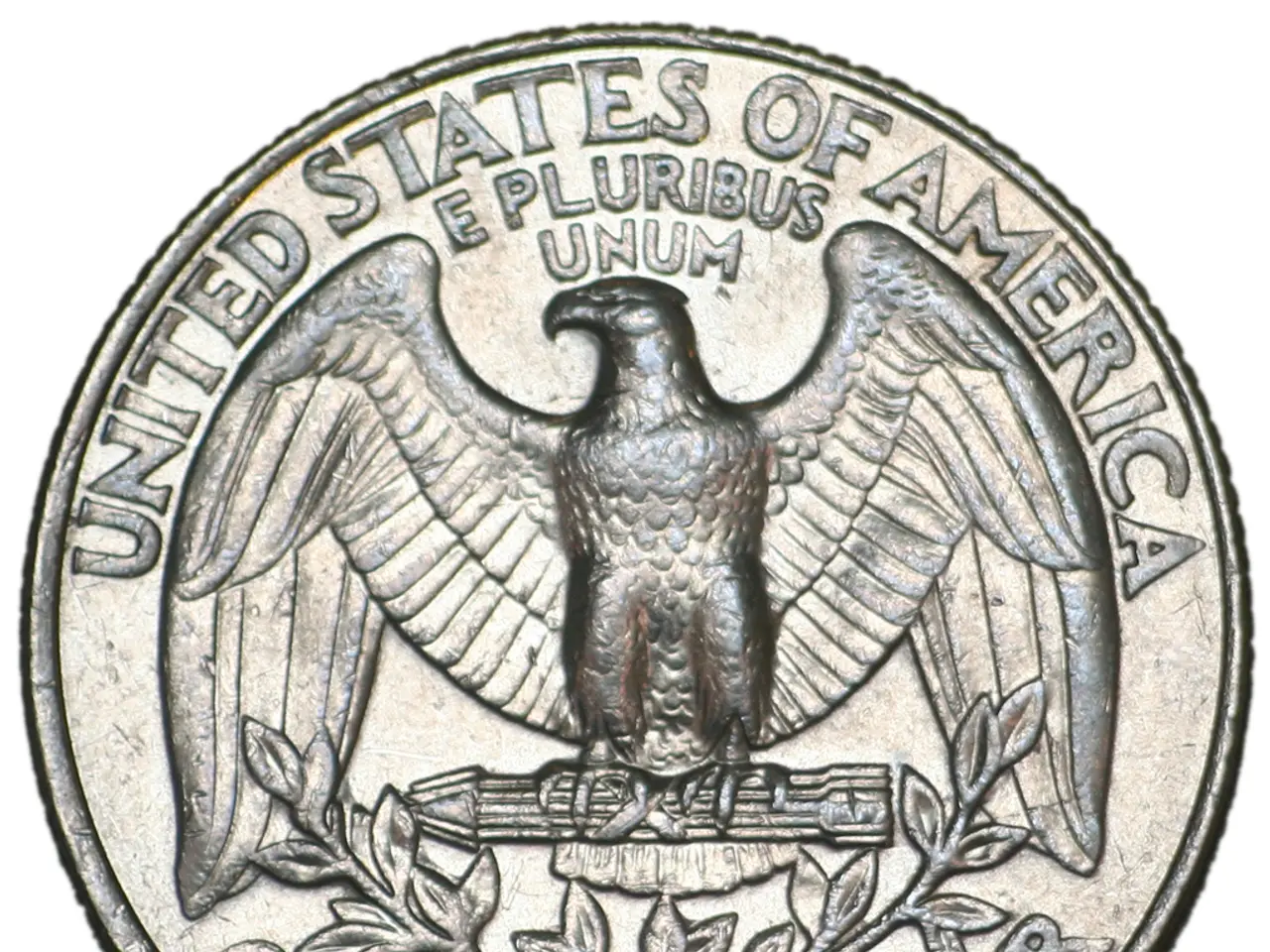Ethereum Directs Proposal for a Unified Fee System to Ease Transaction Costs - Implications for Shiba Inu Token Explored
Ethereum is set to introduce a significant change to its transaction fee system with the proposal of EIP-7999, a unified multidimensional fee market. This proposal, unveiled by Ethereum co-founder Vitalik Buterin and blockchain developer Anders Elowsson, aims to simplify user experience, enhance network stability, and boost economic competitiveness[1][2][3].
Currently, Ethereum transaction fees involve multiple components tied to various resources, such as gas for computation, storage costs, and bandwidth. This complexity often leads to fee estimation errors, especially in complex smart contract interactions like DeFi and NFTs. EIP-7999’s unified fee system addresses these issues by consolidating them under one global fee cap, improving fee market efficiency and transaction prioritization by validators[3][4].
The proposal follows Ethereum’s Dencun upgrade (March 2024) that already reduced average gas fees by about 95%, from $86 to $0.39, boosting transaction affordability and scalability. Despite this success, Ethereum faces growing fee revenue competition from other blockchains like Tron and Solana. EIP-7999 aims to strengthen Ethereum's competitiveness by improving economic efficiency, fee predictability, and usability, helping Ethereum maintain its leading position amid increasing rivalry[1][2][5].
Implications of EIP-7999 include user experience improvement, network stability and efficiency, economic competitiveness, and smart contract interaction ease[2][4]. Simplifying fee payment by requiring only a single max fee input reduces the risk of overpayment or transaction failure due to misestimated fees. Facilitating better resource allocation and prioritization by validators potentially improves overall network throughput and reliability.
EIP-7999 also supports Ethereum’s resilience against competitors by balancing fee income stability with usability improvements in a more scalable fee market model[1][5]. Less complexity in managing fees for complex operations like DeFi protocols and NFTs lowers barriers for developers and users.
Meanwhile, Shibarium, with its commitment to low fees and ease of use, positions itself as a compelling alternative for everyday crypto transactions. As Shibarium experiences a surge in gas fees and active users ahead of its hard fork, it is poised to expand its user base, enhance its ecosystem, and demonstrate its capacity to compete with leading blockchains.
The Ethereum Foundation, however, is currently facing criticism, with a developer alleging the existence of a 'secret team'. Despite this, the proposal for a unified fee market emphasizes the importance of user-friendly design in blockchain technology.
Readers are encouraged to conduct their own research and consult with a qualified financial adviser before making any investment decisions.
References:
[1] Buterin, Vitalik. "EIP-7999: Unified Multidimensional Fee Market." Ethereum Improvement Proposals, 1 Jan. 2023, https://eips.ethereum.org/EIPS/eip-7999.
[2] "EIP-7999: Unified Multidimensional Fee Market." Ethereum Magician, 1 Jan. 2023, https://ethereum-magicians.org/t/eip-7999-unified-multidimensional-fee-market/12130.
[3] "EIP-7999: Unified Multidimensional Fee Market." Ethereum Cat Herders, 1 Jan. 2023, https://ethereum-cat-herders.gitbook.io/eips/eips/eip-7999.
[4] "EIP-7999: Unified Multidimensional Fee Market." Ethereum Research, 1 Jan. 2023, https://ethresear.ch/t/eip-7999-unified-multidimensional-fee-market/9702.
[5] "EIP-7999: Unified Multidimensional Fee Market." Decrypt, 1 Jan. 2023, https://decrypt.co/89893/ethereum-eip-7999-proposal-aims-to-simplify-transaction-fees-and-enhance-network-efficiency.
The Ethereum Magazine discussed the potential benefits of EIP-7999, a proposal introducing a unified multidimensional fee market in the finance sector, highlighting its role in improving user experience and network stability within Ethereum's business model, which relies heavily on technology.
EIP-7999 aims to streamline transaction fees by allowing users to input only a single max fee, potentially reducing the risk of overpayment or transaction failure due to misestimated fees, and thus boosting the economic competitiveness of Ethereum.




